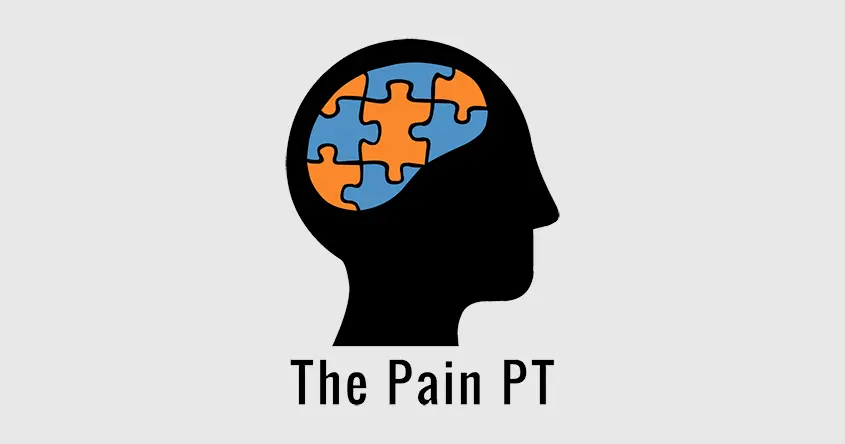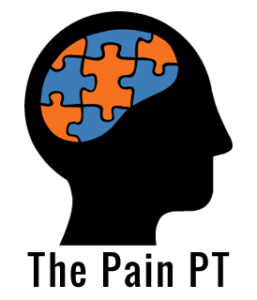Chronic Pain Rewires Circuits in the Cortical Brain

Here’a a 2017 study from New York University that found “that chronic pain rewires circuits in a brain region called the anterior cingulate cortex (ACC) to increase “aversion,” the amount of attention paid to, and alarm felt about, any given pain signal. Most previous studies have focused on nociception, the intensity of incoming sensory signals from, say, a burnt finger, instead of what the brain does with such signals once they arrive.”
Jing Wang, one of the study’s authors states “We pursued this study because of what we saw in the clinic, where patients with chronic pain, say in the lower back, report much higher than normal pain after surgery in the knee or abdomen. Our study results argue that chronic pain causes distortion in how the ACC calculates pain intensity with system-wide consequences.”
So the ACC part of the brain dials up the pain response making it bigger than it actually is. “The researchers found that chronic pain dramatically increases ACC activity, and that artificially increasing AAC activity made the brain region’s response to low intensity pain stimuli larger than normal, such that it “bothered” the rat much more than it should. By the same token, turning down ACC nerve cell signaling returned the aversive behavioral response, which had been amplified by chronic pain, back to normal.
This data is really helpful in understanding it is the brain that dials up the pain intensity and the elevated ACC activity can make us prone to having heightened pain reactions elsewhere in the body as well. A goal of part of our treatment approach is to get the brain to calm down so the reactions can calm down.
The researchers also found “beyond pain processing, the study results imply that chronic pain can magnify responses to stimuli that are aversive but not painful, like the responses to light that worsen migraines. Furthermore, the ACC is known to be involved in emotional processes and is connected to many brain regions. That, combined with the current study results, suggests that chronic anxiety and depression may also amplify the attention and alarm attached to pain stimuli that would otherwise be too small to bother us.”
This makes so much sense and ties in with the understanding that elevated emotions can dial up the brain’s reactions and contribute to increased pain. Also shows us that an elevated ACC will cause reactions to other non-threatening stimuli like like light, taste, touch, movement, sound etc. and these things in turn can ramp up pain reactions in the body.
So we need to work on calming down the brain, reducing anxiety and depression, and understanding it is the brain, not the stimulus that is the source of the problem. Really helpful to understand this data and put it into practice. Reach out if you’d like to learn more about how this applies to you and your condition.









